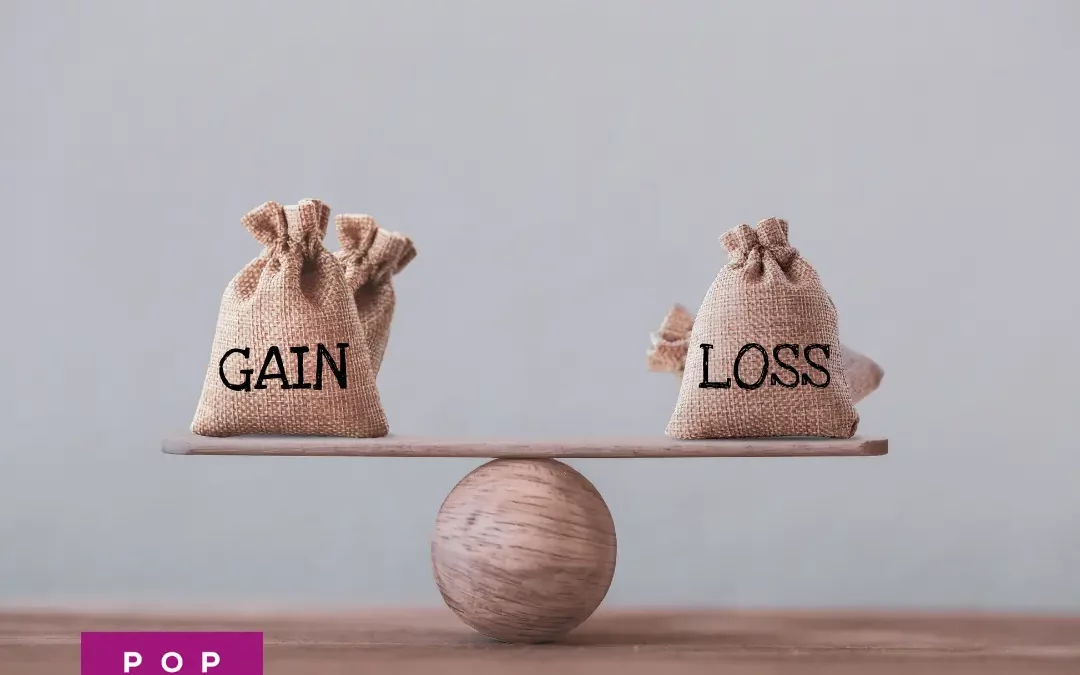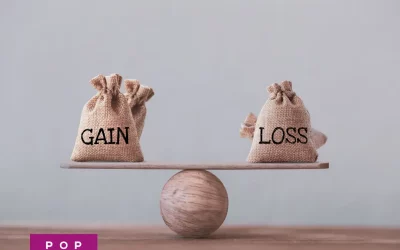So I was doing this training yesterday on marketing because, well… quite frankly, marketing is not my strong suit ?♂️ Since I try to have a growth mindset, I believe it’s something that can be improved on so I watched hours of videos on marketing.
Something that struck me was that we should never assume that the end-user (dat you!) already knows why something is important.
I did some assessing of my own messaging and I believe I do a good job of explaining the importance of personality traits, individual variance, and customization when it comes to long term success in fitness and nutrition.
Diet Hopping Cycle
However, I always talk about it in the context of finding your “forever plan” or getting off the diet/program hopping cycle.
I realized that it may sound good in theory, but do you REALLY know just how critically important that is?
Lemme ‘splain..
First, here are some alarming statistics for you… 6 out of every 7 overweight people will attempt and succeed at losing weight at some point in their lifetime.
95% of those people will gain it back within 3 years. 1/3 to 2/3rds of those people will gain it back plus interest.
Diets Don’t Work!
It’s pretty clear that diets don’t work, yet we haven’t really changed our methodology. You are still being marketed to by diet culture with systems, not solutions.
For example, keto, intermittent fasting, flexible dieting, paleo, carnivore, vegan, carb cycling, clean eating etc…
Every dietary protocol wants you to believe it’s the “best diet.” Research clearly shows there is no such thing as the best diet.
If the best diet existed, wouldn’t the 5% of people who successfully lose weight and keep it off have the protocol in common?
Well, they don’t. Not even close. However, they do share a lot of common traits!
In fact, I’m writing a new book and have a whole chapter titled “The 5%” because there’s a lot we can learn.
Learn from the 5%ers
One of the things the 5%ers have in common is that they’re typically turned off by “fad diets.”
That’s right… no quick fixes, 30 day challenges, lose weight fast promises. They are able to delay gratification.
They don’t let short-term emotions get in the way of their long term goals.
The 5%ers also have the ability to use restraint, discipline, and sacrifice, HOWEVER, they put themselves in a position to not have to use those resources as frequently.
In other words, they keep that willpower battery full most of the time by setting up their environment in a way that doesn’t drain their battery. An example would be not keeping a jar full of candy in plain sight so that you don’t need to use restraint every single time you pass it.
The 5% use some form of self-monitoring. For some, that means tracking intake. For others that means tracking daily weight. For others that means tracking progress and results in some other way. The bottom line.. they all monitor progress.
Successful dieters also use social support. Even just a single accountability partner can make a world of difference. This one is tricky because social support can backfire. Research shows that a friend telling you what you should be doing has the opposite effect. However, a friend being supportive has a positive effect.
So when Sally tries to convince you that you should be doing her diet… not helpful. If she tells you to keep doing what you’re doing because it’s clearly working… that’s helpful.
The 5%ers are able to see the big picture. They play the long game and don’t get distracted by shiny new objects. That doesn’t mean they don’t try new things but the foundational habits and behaviors are ingrained in them.
They look for sustainability over speed.
The cool thing is that the way they eat varies from person to person. There are some general similarities like mostly nutrient-dense foods, higher protein, adequate fiber, and veggies, etc.
But the argument about which diet is best is irrelevant for them because they understand it’s a matter of what’s best for THEM.
The fact that they don’t fall for fad diets saves them a ton of money in the long run. That’s another reason why your forever plan is so important.
Invest in a Quality Nutrition Coach
When you think of the investment for a quality nutrition coach, think of it in terms of what it costs you NOT to do it. How many programs have you tried, only to end up back at square one? What would it SAVE you to find your forever plan? That’s the value!
Then, there’s the really scary part about dieting… the physiological, psychological, and hormonal implications it can have.
This is a whole other chapter in my book but here’s something to keep in mind…
Every time you diet and gain the weight back, each attempt at dieting becomes more challenging than the last.
There are a number of reasons for this but it’s a basic survival mechanism. When you diet, you activate your body’s self-preservation system.
Metabolic rate slows down, hunger hormones ramp up, satiety hormones are suppressed, and stress hormones are elevated.
Your body wants homeostasis restored ASAP.
Here’s the crazy part… when you’re in a caloric deficit, your fat cells begin to shrink and become more insulin sensitive.
Which is fine from a health perspective but not so great from a weight regain perspective. Insulin sensitive cells are like sponges for nutrients.
So what happens when you overeat after dieting… your body is primed for storage. If the overeating is excessive, your body can actually create new fat cells, which really puts you in a rough spot.
That’s why it’s so easy to overshoot your previous weight and with more insulin-sensitive fat cells, it becomes increasingly difficult to lose it.
This is why programs that don’t understand the diet after the diet are so dangerous. Especially ones that employ very aggressive dieting phases followed by pushing calories too high too fast.
Find Your Forever Plan
The good news with all of this is there are ways around it. My intentions with this information are not to scare you but to inform you. And show you the importance of finding your forever plan. Also, to help you see the risks of diet hopping or trying to take extreme measures.
As always, awareness precedes change so hopefully, you’ll be able to make more informed decisions when it comes to your health.
And the value of a quality nutrition coach cannot be overstated. If you need one, I happen to know a guy.







